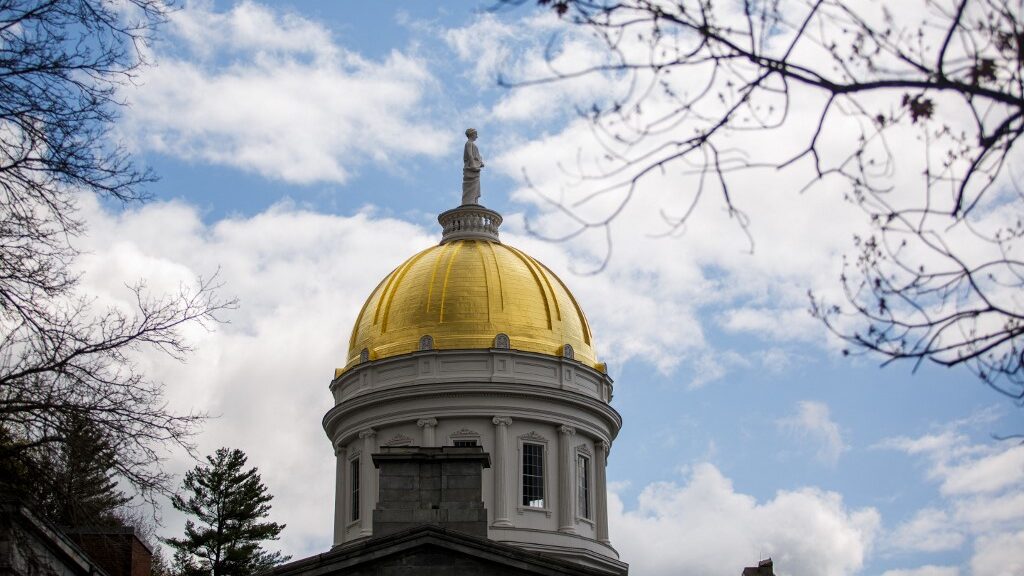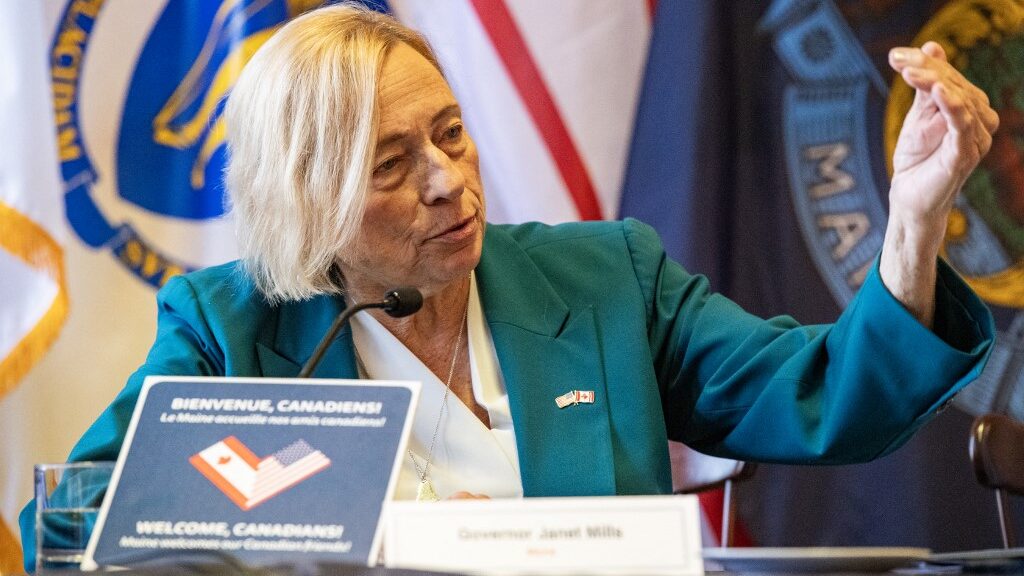
A favorable Senate vote and the governor’s signature are all that stand in the way of legalizing sports betting in Vermont.
The Senate Committee on Finance amended and then approved the bill (H.127). Unless sent to another committee, the bill now moves to the Senate floor for consideration. If the Senate amends it, it must return to the House for final passage, before being sent to the governor.
Problem Gambling Funding Amended
The most-talked-about section of the bill (by the Senate Committee on Finance) revolved around funding for problem gambling.
Instead of budgeting specific amounts now, the committee changed the bill to allow for suggestions for problem gambling financing in fiscal years 2025 and 2026. The committee decided on only one particular appropriation for problem gambling: $250,000 for fiscal year 2024.
In a letter to the committee, Wendy Knight, the Commissioner of the Division of Liquor and Lottery (DLL) wrote that she wants “to ensure a sustainable revenue stream for problem gambling and to organically increase funding as the market grows,” she wrote. There will be more players and potentially more problem gambling, thus the need for more problem gambling resources,” Knight added.
H127 Includes a Tax on Winnings
Unlike other state sports betting laws, H127 includes a winnings tax. The money a bettor wins would be subject to Vermont’s income tax in the same way that lottery winners are. Those winnings are subject to a minimum withholding of 6%.
According to the Vermont Lottery’s website, out-of-state residents must pay the state 7.25% of any winnings they make in Vermont.
Sports Betting in Vermont Could Launch in December
If approved, online sports betting in Vermont would most likely begin in December 2023. According to the measure, between two and six online sportsbooks would be permitted to open by the end of the year.
Instead of imposing a fixed tax rate, the measure empowers the DLL to enter into revenue-sharing arrangements with sports betting businesses. The overall number of operators will be determined by their willingness to pay and the plans they offer for advertising and responsible gaming, but lawmakers have hinted that two or three applications are expected.
The bottom line, the bill is on a fast track to passage. H.127 was passed by the Vermont House of Representatives in March. If the bill is to be passed before the session ends on May 12, the Senate must act quickly.
Governor Phil Scott Expected to Sign H.127
Wendy Knight appears to be focused on passing H.127 through the Vermont legislature in the two weeks remaining in the current session. She has consistently stated in committee hearings that legal sports wagering is crucial to Vermont Gov. Phil Scott’s administration.
“Time is critical with the sports wagering bill,” Knight wrote in her letter to the committee. “The sooner the bill is passed by the General Assembly, the sooner DLL can establish the regulated market.”
Knight added, “We need time for public hearings, notices, Board meetings, RFPs, bid evaluations, operator presentations, contractor negotiations, personnel recruitment, and so on.” “I know the Committee shares the Administration’s commitment to legalizing — at long last — sports wagering in Vermont.”













